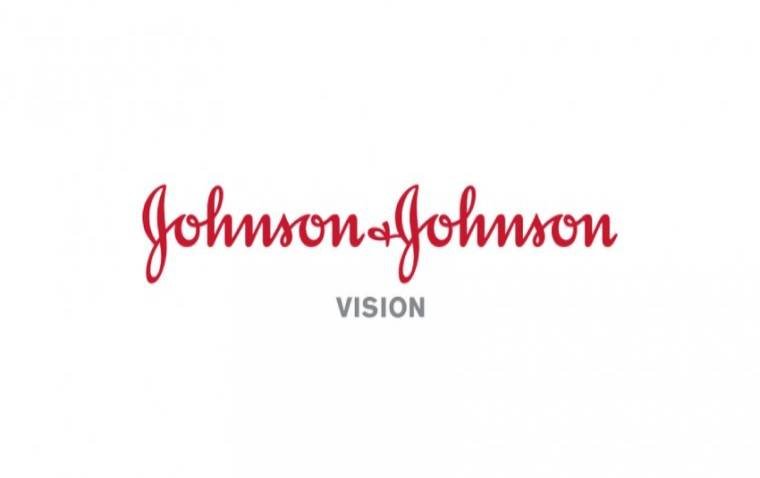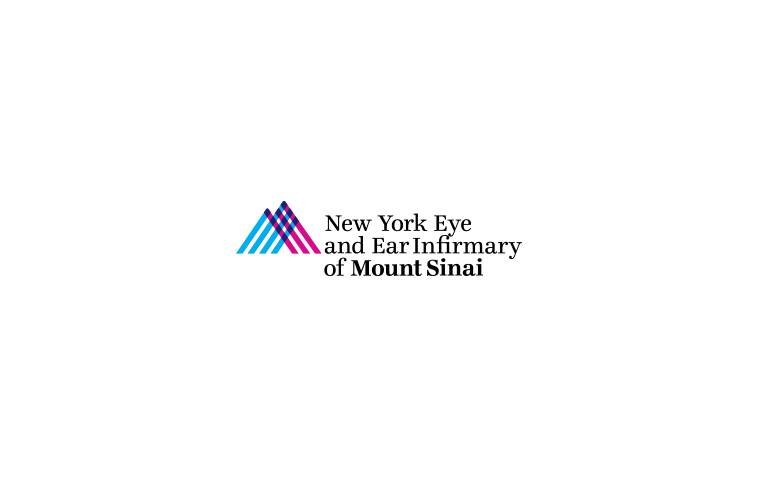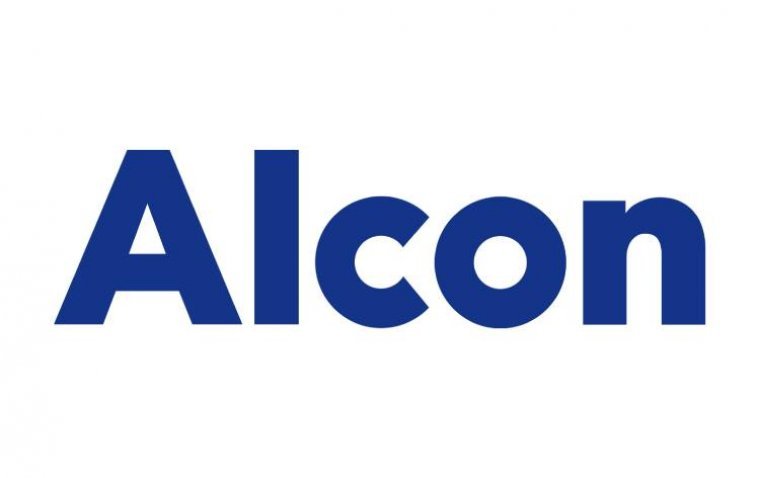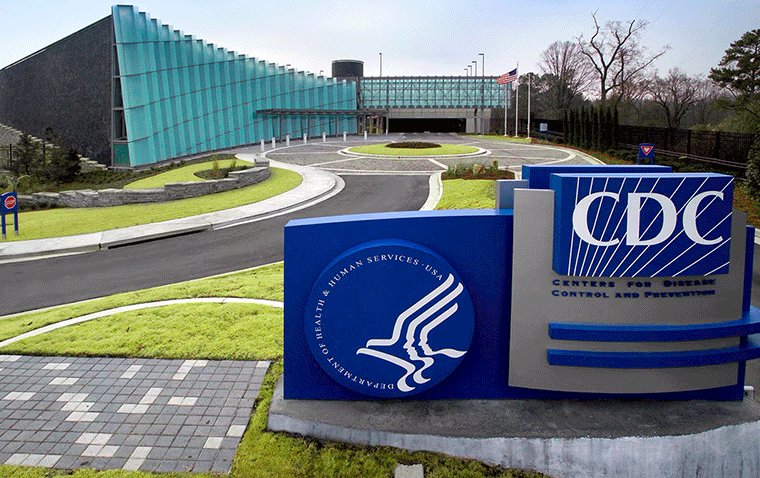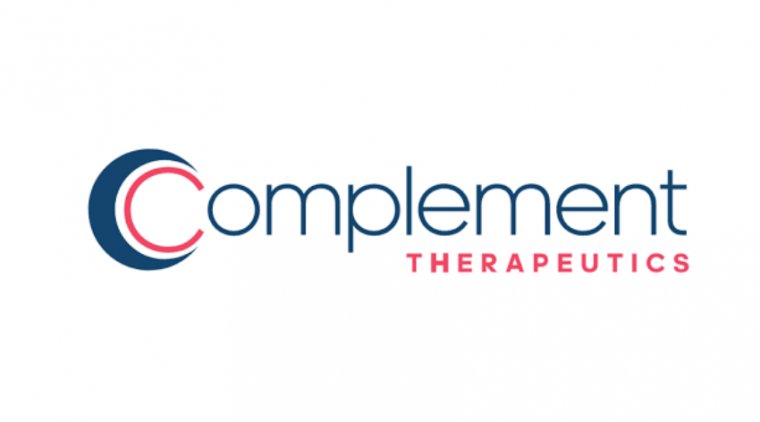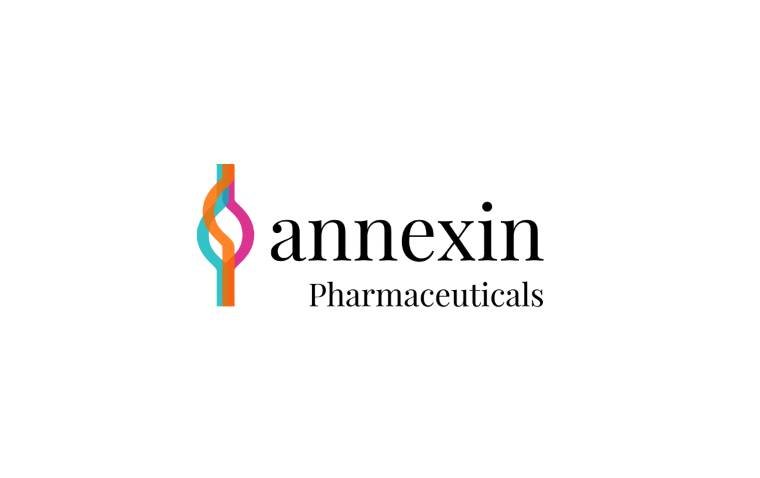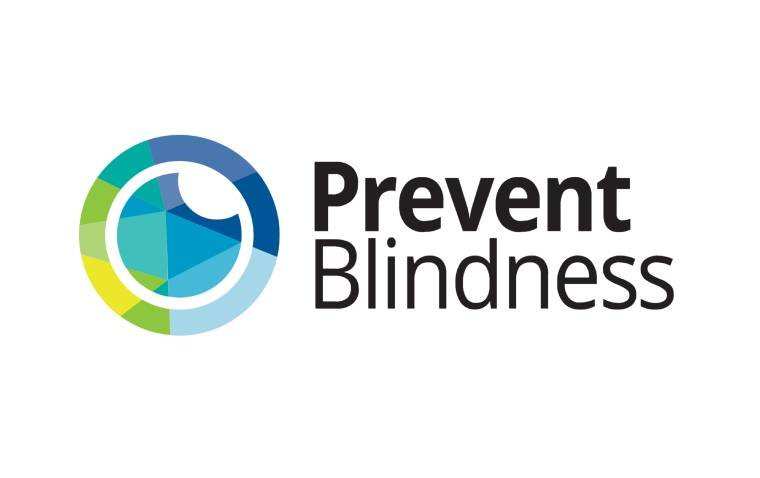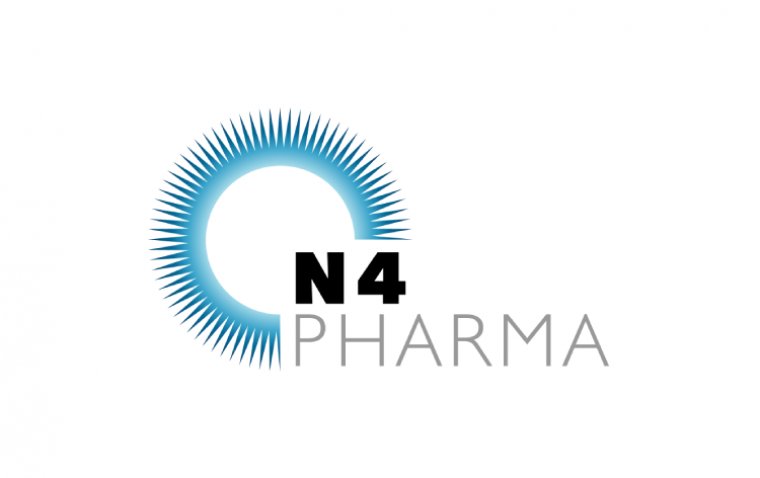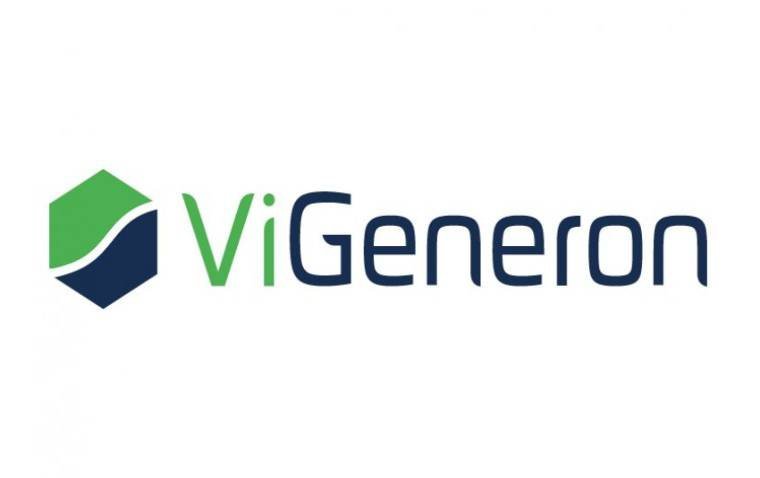
ViGeneron Achieves Key Milestones for VG901 Gene Therapy in Retinitis Pigmentosa
ViGeneron has announced significant progress for its gene therapy candidate VG901, aimed at treating patients with retinitis pigmentosa (RP) caused by mutations in the CNGA1 gene. The milestones include:
1. FDA Rare Pediatric Disease Designation (RPDD) for VG901.
2. Data Safety Monitoring Board (DSMB) approval to advance dose escalation in the ongoing Phase 1b clinical trial.
FDA Rare Pediatric Disease Designation (RPDD)
The FDA's RPDD acknowledges the urgent need for therapies targeting rare pediatric conditions like RP associated with CNGA1 mutations. This designation offers ViGeneron the opportunity to secure a Priority Review Voucher (PRV) upon VG901’s marketing approval.
Benefits of a PRV
A PRV allows:
• Accelerated FDA review of any future drug candidate, reducing the review period to 6 months.
• Transferability, enabling the PRV to be sold or used for another drug in the pipeline.
Dr. Caroline Man Xu, Co-founder and CEO of ViGeneron, emphasized the importance of this recognition:
"This RPDD recognition from the FDA highlights the significant unmet medical need in retinitis pigmentosa and underscores VG901's therapeutic potential as the first-in-class and only clinical-stage therapy targeting retinitis pigmentosa associated with mutations in the CNGA1 gene. In addition to the previously granted FDA Orphan Drug Designation for VG901, the RPDD designation further supports our efforts to accelerate the development of VG901."
Phase 1b Clinical Trial Progress
The ongoing Phase 1b trial aims to evaluate the safety and preliminary efficacy of VG901. This gene therapy uses ViGeneron’s next-generation vgAAV capsid to deliver the functional CNGA1 gene directly to retinal photoreceptor cells through an intravitreal injection.
DSMB Approval for Dose Escalation
The Data Safety Monitoring Board (DSMB), an independent panel of experts, rigorously reviewed data from the trial's first-dose cohort and unanimously recommended advancing to higher doses.
Dr. Bart P Leroy, DSMB Chair and Head of the Department of Ophthalmology at Ghent University Hospital, Belgium, highlighted the significance of this approval:
“The DSMB has unanimously recommended proceeding with dose escalation in the ongoing VG901 Phase 1b clinical trial. No dose-limiting adverse events related to VG901 have been reported in the first-dose cohort to date. This marks a critical step toward advancing to the higher dose and represents an important milestone in its clinical development.”
Conclusion
ViGeneron’s progress with VG901 showcases the potential of this first-in-class gene therapy for retinitis pigmentosa associated with CNGA1 mutations. With the RPDD and ongoing dose escalation, the company is making strides toward addressing the unmet medical needs of patients with this debilitating condition, offering hope for a transformative treatment in the near future.
(1).jpg)
